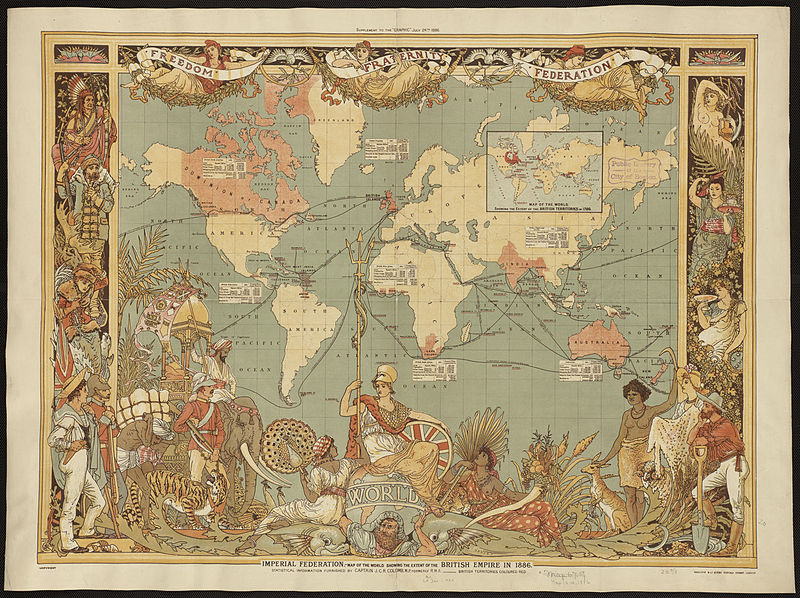Arunima Bhattacharya, Richard Hibbitt and Laura Scuriatti are co-editing a volume of essays entitled Literary Capitals in the Long Nineteenth Century: Spaces beyond the Centres, to be published by Palgrave in their Literary Urban Studies series in 2022.


